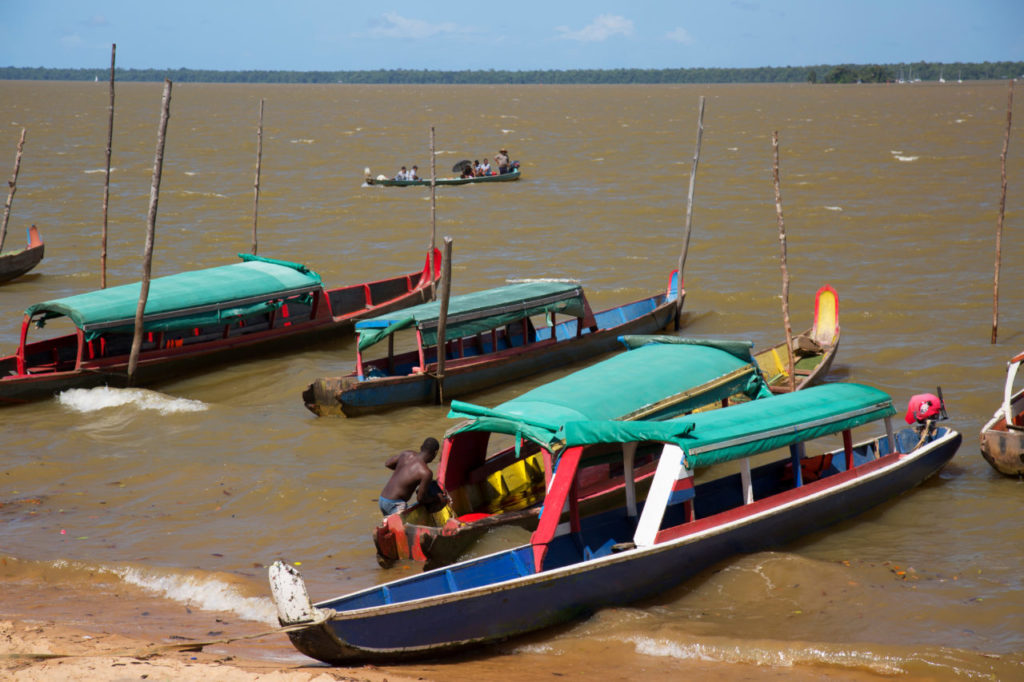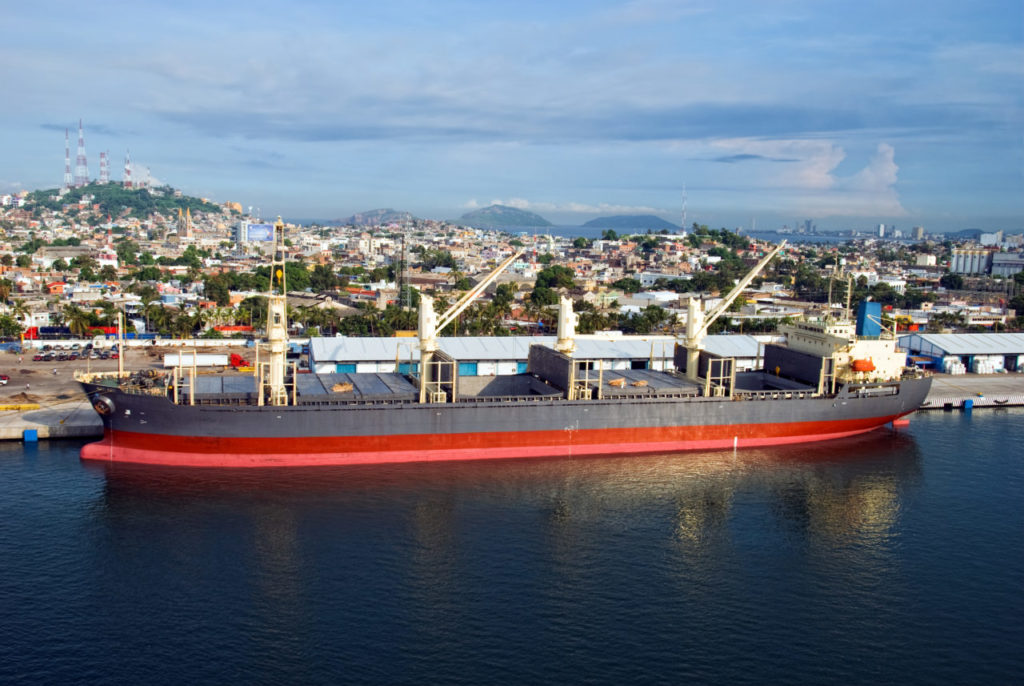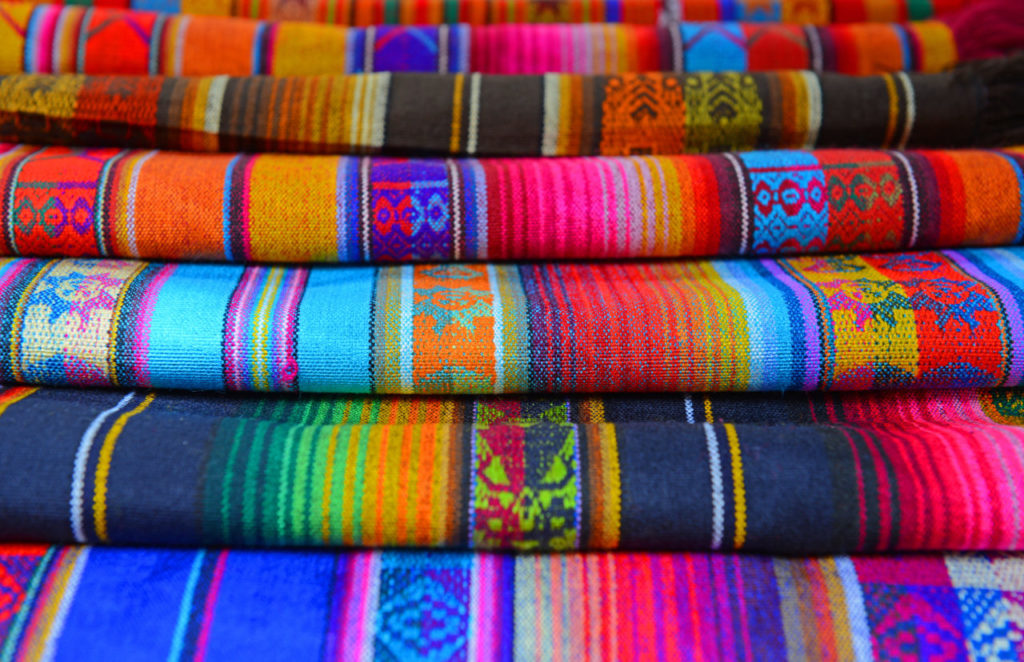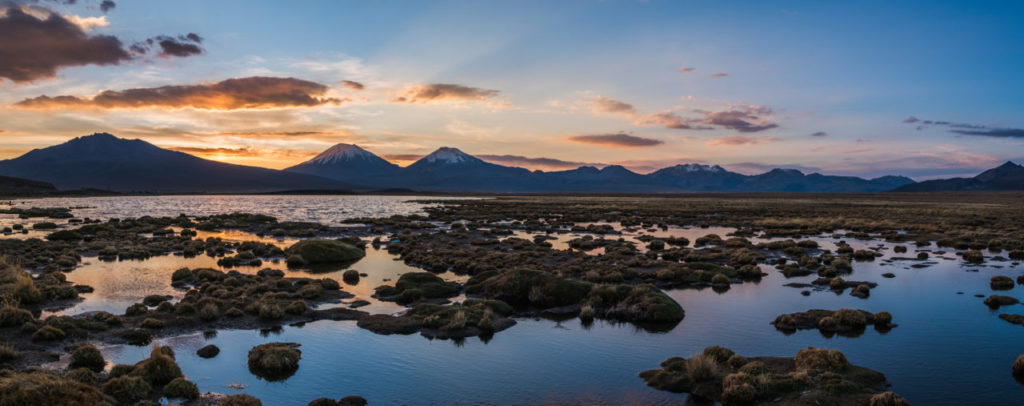Join GlobalBizzNetwork and start your international business network today.
Suriname

Suriname is an upper middle income country with a relatively strong performing economy. It is the smallest country in South America but rich in natural resources and biodiversity. The economy is reliant on a few sectors for growth and development, extractive industries being the largest: alumina, gold and oil represent more than 80% of total exports and 30% of the Gross Domestic Product (GDP).
The bauxite-industry, which is very important for the production of alumina, is in hands of: Suriname Aluminum Co. (Suralco), a wholly-owned Alcoa subsidiary (Alcoa is however considering terminating its activities in Suriname and is in discussion with the Government in connection with such termination). The government is looking into cost-effective ways to develop new mines, as the major mining sites at Moengo and Lelydorp are maturing. Other proven reserves exist in the country and are projected to last until 2045.
Although agriculture and manufacturing are relatively small, they also remain important producing sectors. Suriname is self-sufficient in rice, and exports large amounts thereof; however, Suriname is a net food importer. Imports account for more than 80% of consumption. Agricultural and fishery products account for almost 10% of the GDP, with hardwood, rice, bananas, vegetables, shrimp, red snapper, as the principal products.
Education
Suriname has an extensive educational system with free schooling compulsory until age 12. There are two types of schools: the regular normal education and private schools, this form can be found in both primary and secondary education . With some exception on the private (American) schools, the teaching language is Dutch. The main university in the country is the Anton de Kom University of Suriname which has faculties of medicine, law, natural resources, and social and technical sciences. Education in Suriname is based on Dutch learning methods, there are also many Dutch teachers working in Suriname.
Energy
Suriname has been working on developing the energy sector. Energy is generated by EBS (The N.V. Energiebedrijven Suriname), Suriname Aluminium Company, L.L.C. (Suralco), the Ministery of Natural Resources (remote areas) and Staatsolie Power Company Suriname (SPCS). The majority of Suriname’s electricity is produced in the hydro-electric power plant, Afobaka. As a result of this the country has a very low reliance on fossil fuels for the generation of electricity. The Afobaka hydropower plant, operated by Suralco, is the country’s main aluminiumoxide and bauxite producer. It functions as the backbone of the country’s electricity system. Suriname’s national power company N.V. Energiebedrijven Suriname (EBS) purchases excess electricity from Suralco.
Healthcare
There are four big hospitals in Suriname the S’Lands Hospital, the St. Vicentius Ziekenhuis, the Diakonessenhuis Hospital and the Academish Ziekenhuis. The Psychiatric Center Suriname provides mental health care. The Ministry of Public Health is responsible for the central coordination of a national health care system in Suriname. Health policy in Suriname is implemented on the premise that health services should be available, accessible and acceptable to the population, with emphasis on the development of Primary Health Care.
Infrastructure
About 45 kilometers south of Paramaribo, at ‘Zanderij’, you will find the Suriname international airport, the Johan Adolf Pengel International Airport. Besides the international airport there are a number of smaller airports all around in the hinterland. The government-owned Suriname Airways offers regularly scheduled services to the Netherlands, Curaçao. Aruba/Miami, Trinidad & Tobago, Cayenne, Belem, Georgetown and Orlando. State-owned and private companies operate regular bus services, both local and long distance. Public transportation and licenced private busses are also referred to as ‘wild busses’. They ride set routes and can transport 16 to 22 passengers at a time.
Telecommunication
Telecommunication in Suriname consists of radio, television, fixed and mobile telephones and the Internet. Suriname shares with Guyana an investment in a glass fiber sea cable connection. Daily newspapers are privately-owned. State-run broadcasters operate alongside private radio and TV stations. The Telecommunications Company Suriname (Telesur) is a state owned telecom company and has exclusive rights of fixed-line and broadband services. The mobile telecom market has grown significantly in recent years and is much greater than the landline market. The three main players are: Telesur, Digicel, and Uniqa, of which Uniqa has been taken over by Telesur recently. Suriname performance in mobile telecommunications excels, being ranked 7th in the world.
Source: doingbusinessdutchcaribbean.com








